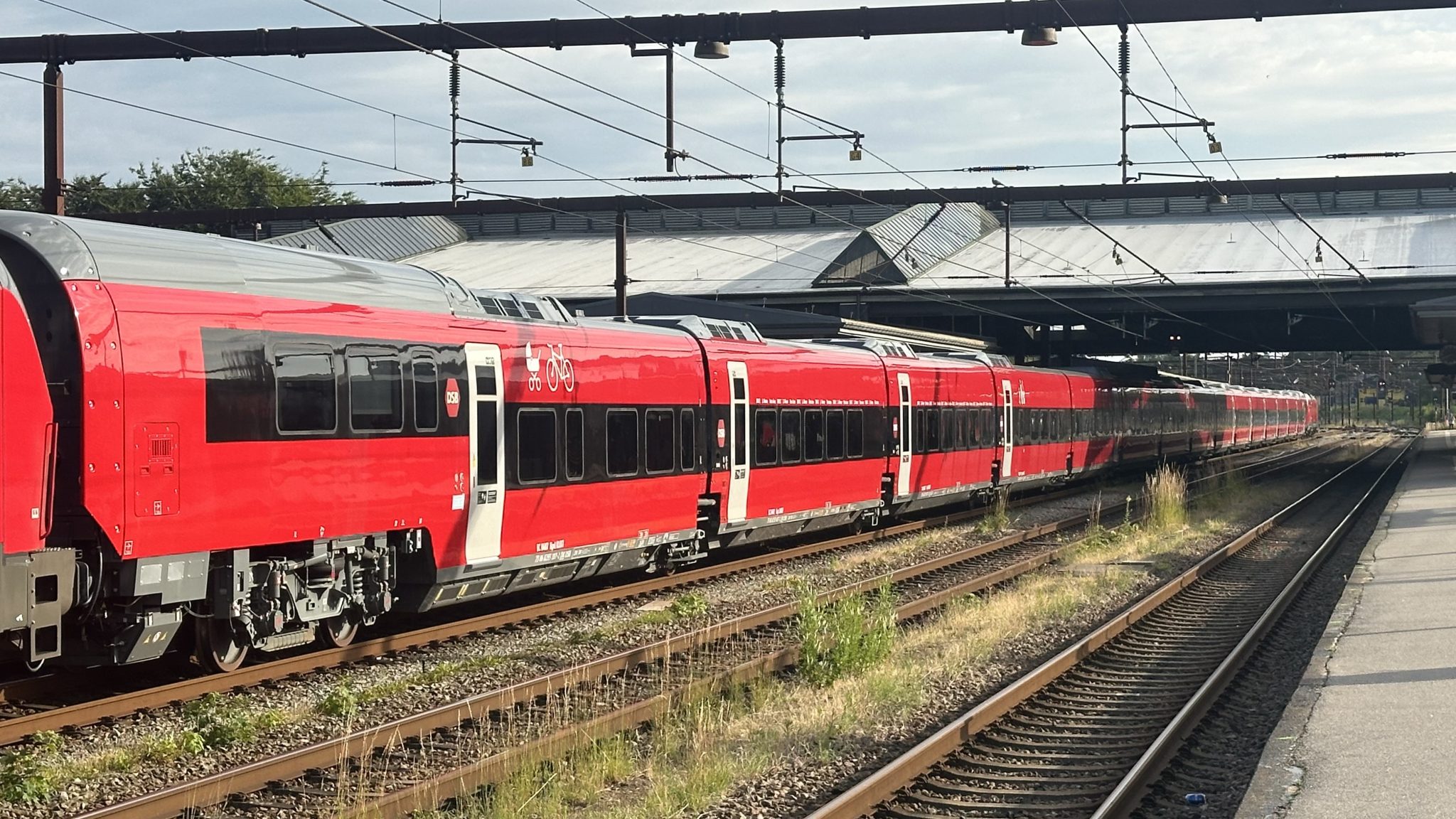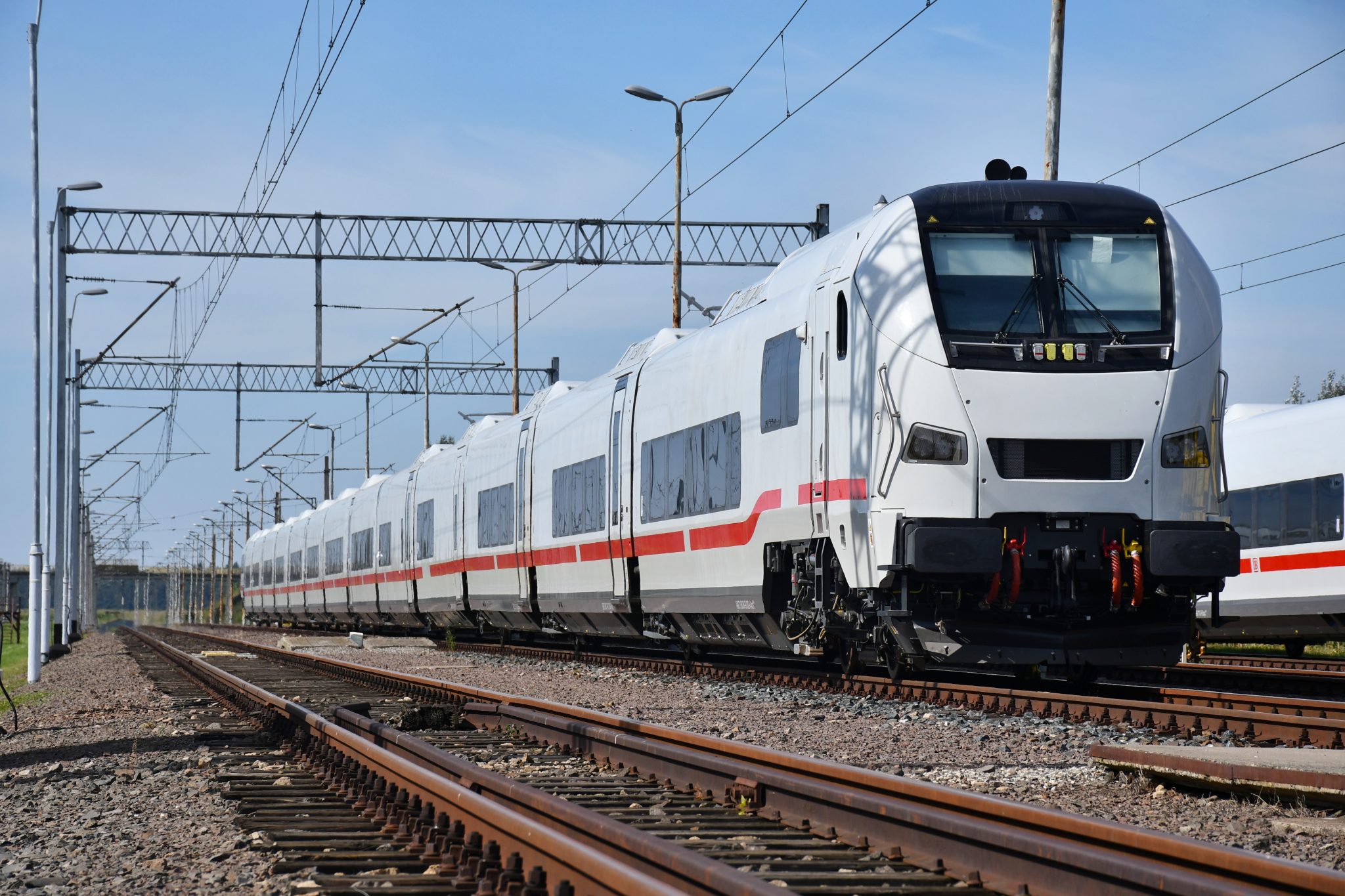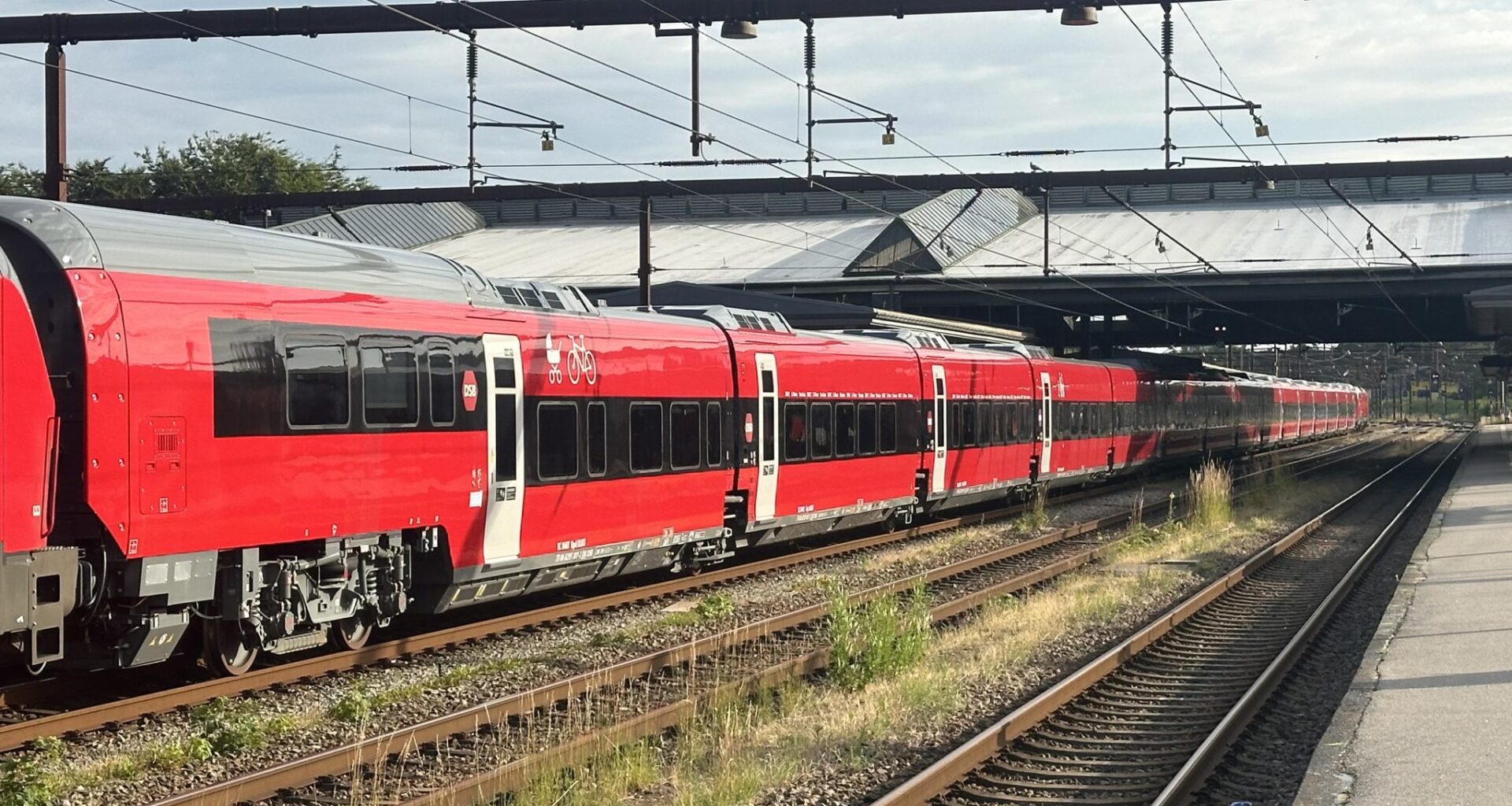Talgo trains destined for Germany and Denmark have successfully obtained the necessary approvals to operate on the national rail networks of both countries, marking a significant step forward in expanding sustainable, high-speed rail connectivity across key European corridors.
 Photo: Lucas Mikkelsen / Talgo
Photo: Lucas Mikkelsen / Talgo
The Danish rail authority Trafikstyrelsen, Germany’s Federal Railway Authority (EBA), and the European Union Agency for Railways (ERA) have jointly confirmed that the Talgo 230 trains, developed for Denmark’s state operator DSB, have secured final authorisation. This clearance clears the way for these EuroCity services to commence operations shortly under the EuroCity (EC) brand.
This latest approval enables the introduction of new domestic routes within Denmark, alongside a revitalised cross-border connection linking Copenhagen and Hamburg. It also complements the recent authorisation for the Talgo-built ICE L trains operating in Germany. The approval process was rigorous, involving close cooperation among Trafikstyrelsen, EBA, ERA, and infrastructure managers Banedanmark and DB InfraGO. Talgo worked closely with TÜV SÜD Rail, a leading European certification body, to ensure all technical and regulatory standards were met across the numerous train subsystems.
This milestone further cements Talgo’s reputation as a prominent manufacturer of Intercity trains across Western and Central Europe. It showcases the company’s ability to supply top-quality rolling stock to public operators in some of the EU’s largest economies. All Talgo 230 trains are designed and built in the firm’s Spanish factories.
The Danish authorisation benefited from synergies with the earlier German certification, as the EuroCity trains share many design features with other Talgo 230 variants. However, the trains also underwent additional testing, such as electromagnetic compatibility assessments, to confirm their interoperability across different national networks.
 EuroCity trains are locomotive-hauled units authorised to run at speeds up to 200 km/h in service. Their flexible formations range from nine to fifteen coaches, offering first and second class accommodation alongside accessible facilities for passengers with reduced mobility. Each train can carry up to 492 passengers, enhancing DSB’s capacity on the Copenhagen-Hamburg route and providing a greener alternative to road and air travel.
EuroCity trains are locomotive-hauled units authorised to run at speeds up to 200 km/h in service. Their flexible formations range from nine to fifteen coaches, offering first and second class accommodation alongside accessible facilities for passengers with reduced mobility. Each train can carry up to 492 passengers, enhancing DSB’s capacity on the Copenhagen-Hamburg route and providing a greener alternative to road and air travel.
The two end coaches of each set are longer and designed to interface seamlessly with DSB’s existing locomotive fleet. In the near future, one end coach will be replaced by a Talgo driving trailer, allowing for push-pull operations and quicker turnarounds at terminus stations.
With approvals now granted by Danish, German, and European railway agencies, Talgo takes a significant step forward in its mission to deliver quality rail solutions across Europe. Certification efforts are currently underway for Austria, the Netherlands, and Switzerland, with further approvals expected soon.
The EuroCity trains for DSB form part of a fleet of sixteen units, delivered under successive contracts. In 2020, DSB awarded Talgo a EUR 500 million framework agreement, initially commissioning eight trains. This was followed by an expansion of the fleet in 2021 to meet growing demand, increasing seating capacity by 10%. A third order for eight additional trains was placed in 2023.
In Germany, Deutsche Bahn signed a framework deal with Talgo in 2019 for up to 100 ICE L trains based on the Talgo 230 platform, with two confirmed orders for 23 and 56 units respectively. In September 2025, DB formally accepted the first ICE L train, marking the official start of deliveries. More units will follow in the coming weeks, representing the first batch of the original order.
Additionally, private operator Flix has contracted Talgo for up to 65 trains from the same platform, with an initial firm order of 30. This fleet positions Flix to become Europe’s largest private passenger train operator.
